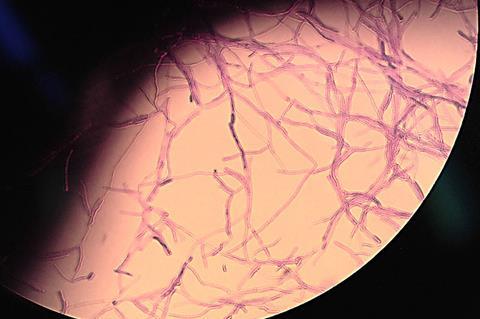Utilizing crude glycerol for the synthesis of high-value products offers a promising solution to counter the adverse effects of declining glycerol prices in the biodiesel sector. The prevalence of crude glycerol, a by-product of biodiesel production, across agriculture, biofuel, and industrial sectors is steadily rising.

Recent advances have demonstrated the effectiveness of both wild-type and mutant yeast strains as microbial cell factories capable of converting glycerol into a diverse array of valuable compounds, including microbial oils, sugar-alcohols (polyols), and organic acids. With the projected increase in biodiesel production, there is a need to explore integrated (bio)-processes for the valorization of this residual material, embracing a “bio-refinery approach.”
In a new study published in the KeAi journal Carbon Resources Conversion, a team of researchers in Greece reported innovative approaches to harnessing the potential of crude glycerol. They utilized it as a substrate for natural yeasts of the Generally Recognized As Safe (GRAS) species Yarrowia lipolytica. This method resulted in the production of valuable compounds such as sugar-alcohols (mannitol, arabitol, and erythritol), as well as other metabolites including citric acid, yeast biomass, and polysaccharides.
Recycling residue
“In the context of the industrial scale, the production of polyols through the use of crude glycerol could significantly contribute to the recycling of this residue that is generated in constantly increasing quantities worldwide, offering a ‘green’ alternative on the protection of the environment, as huge amounts of the mentioned residue can be successfully used to produce high added-value products with a plethora of applications in the food, pharmaceutical and chemical sectors,” said corresponding author Seraphim Papanikolaou.
“Therefore, the use of microorganisms is a topic that needs further investigation as it could demonstrate the possibility of various yeasts, to be used as microbial cell factories in various glycerol utilization processes, with the production of biotechnological products and yeast biomass, of utmost importance for food, pharmaceutical and chemical applications.
“It is worth emphasizing that the biochemical pathway of polyol synthesis has not yet been fully elucidated, making such a study highly attractive and interesting. Consequently, the production of polyols from industrial by-products is an important area of focus for food biotechnology, offering dual benefits of environmental enhancement and economic advancement.”
The authors are Eleni-Stavroula Vastaroucha (PhD), Laboratory of Food Microbiology and Biotechnology, Department of Food Science and Human Nutrition, Agricultural University of Athens, and Professor Seraphim Papanikolaou, Laboratory of Food Microbiology and Biotechnology, Department of Food Science and Human Nutrition, Agricultural University of Athens.







No comments yet